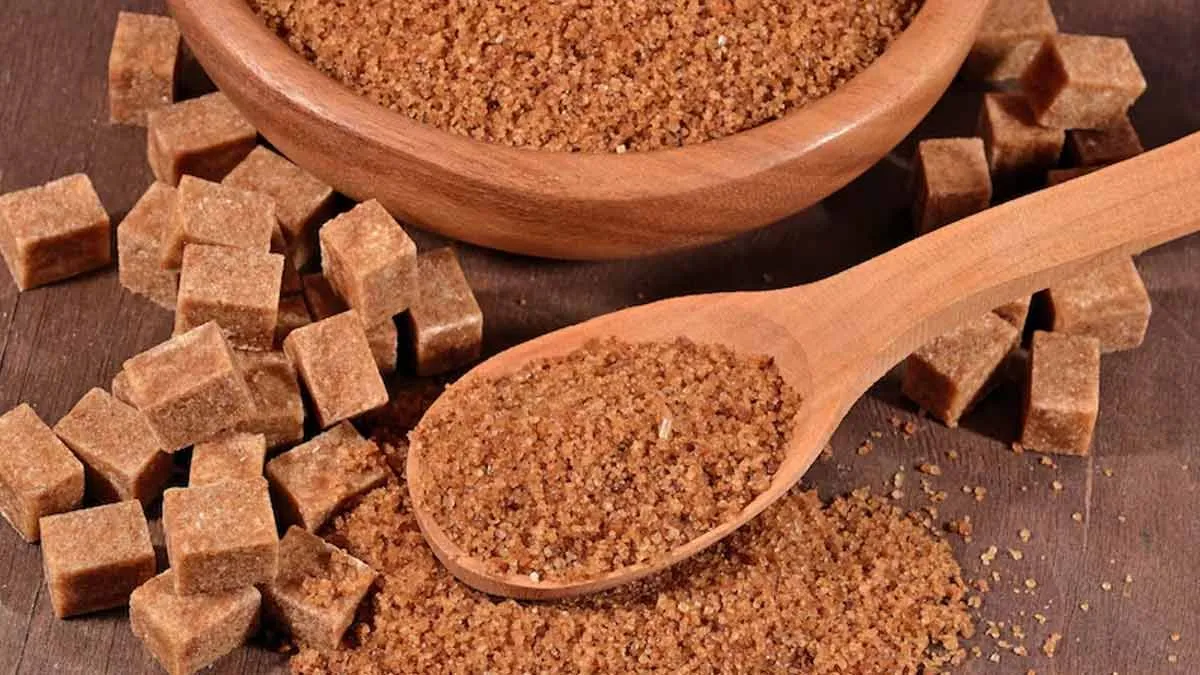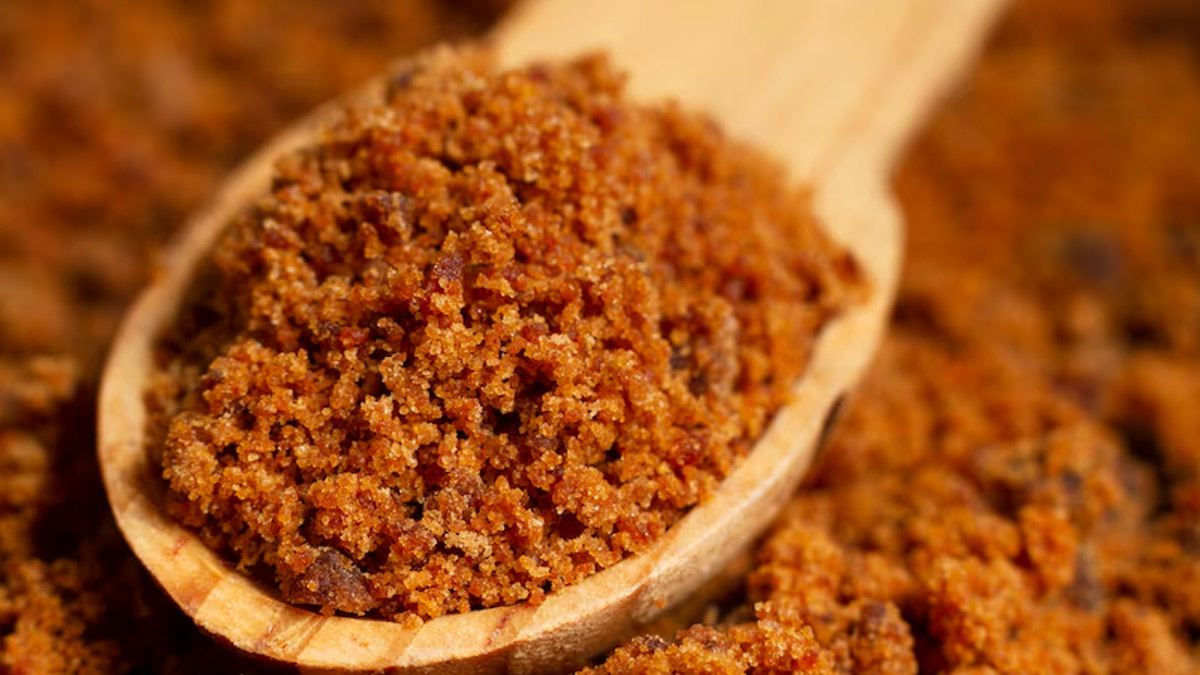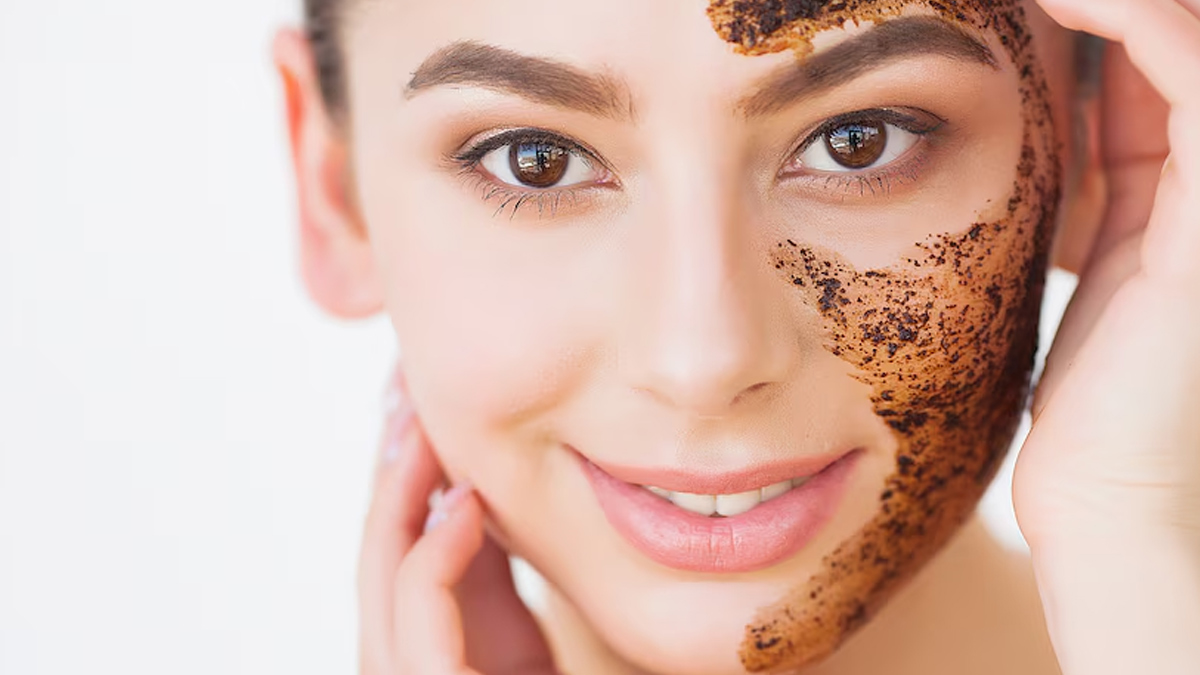
Brown sugar, a common kitchen staple, has garnered attention in the skincare realm for its natural exfoliating properties and potential skin benefits. Incorporating brown sugar into your skincare routine can help achieve smoother, more radiant skin. This article delves into the advantages of using brown sugar for skin care, supported by studies, and offers practical methods for its application.
Table of Content:-
A study published in the Journal of Natural Medicines investigated the effects of the nonsugar fraction of brown sugar on chronic ultraviolet B (UVB) irradiation-induced photoaging in melanin-possessing hairless mice. The findings suggested that topical application of this fraction prevented increases in skin thickness and reductions in skin elasticity caused by UVB exposure. Additionally, it inhibited the expression of matrix metalloproteinase-2 (MMP-2) and vascular endothelial growth factor (VEGF), both associated with skin aging processes.
Benefits of Brown Sugar in Skin Care

Natural Exfoliation: Brown sugar's fine granules make it an effective yet gentle exfoliant, suitable for sensitive skin. It aids in removing dead skin cells, promoting a smoother and more radiant complexion.
Moisturising Properties: The molasses content in brown sugar provides humectant properties, helping to lock in moisture and keep the skin hydrated.
Anti-Aging Effects: Brown sugar contains glycolic acid, an alpha-hydroxy acid (AHA) that assists in cell turnover and diminishes fine lines, contributing to a more youthful appearance.
Antibacterial Qualities: The natural glycolic acid in brown sugar also offers antibacterial properties, aiding in keeping the skin clean and reducing the risk of infections.
Also read: Skincare 101: Try These DIY Hand and Nail Masks for Softer Hands This Winter
How to Use Brown Sugar in Your Skincare Routine

Brown Sugar Body Scrub:
Ingredients:
- 1 cup brown sugar
- ½ cup coconut oil
Optional: a few drops of essential oil for fragrance
Method:
- Mix the brown sugar and coconut oil until well combined.
- Add essential oil if desired.
- In the shower, apply the scrub to damp skin, gently massaging in circular motions.
- Rinse thoroughly with warm water.
- Pat skin dry and apply a moisturizer to lock in hydration.
This scrub helps exfoliate dead skin cells, leaving the skin smooth and moisturised.
Brown Sugar Lip Scrub:
Ingredients:
- 1 tablespoon brown sugar
- 1 teaspoon honey
- 1 teaspoon olive oil
Method:
- Combine all ingredients to form a paste.
- Apply a small amount to the lips, gently massaging to exfoliate.
- Rinse off with warm water and apply a lip balm.
This gentle scrub helps remove dry, flaky skin, promoting soft and smooth lips.
Also read: How Effective Are Anti-Pollution Skincare Products? Dermatologist Explains
Precautions
Avoid Facial Use: Despite its benefits for body exfoliation, sugar scrubs are generally too harsh for facial skin and can cause micro-tears or irritation. It's advisable to use milder exfoliants specifically formulated for the face.
Patch Test: Before using any new scrub, perform a patch test on a small skin area to ensure no adverse reactions occur.
Gentle Application: Use gentle, circular motions when applying scrubs to avoid skin irritation.
Conclusion
Incorporating brown sugar into your skincare routine offers natural exfoliation and moisturizing benefits, contributing to healthier and more radiant skin. While studies indicate potential anti-aging properties, it's essential to use brown sugar scrubs appropriately, avoiding sensitive areas like the face, and to follow up with proper moisturization. As with any skincare product, individual experiences may vary, so it's advisable to consult with a dermatologist if you have specific skin concerns.
Also watch this video
Read Next
A Dermatologist's Guide To Using Facial Oils For Dry Skin: Which Ingredients Are Most Effective?
How we keep this article up to date:
We work with experts and keep a close eye on the latest in health and wellness. Whenever there is a new research or helpful information, we update our articles with accurate and useful advice.
Current Version
